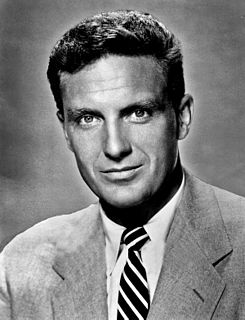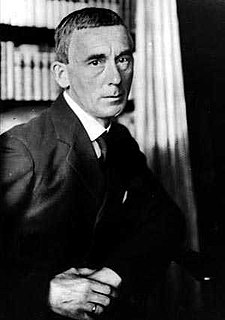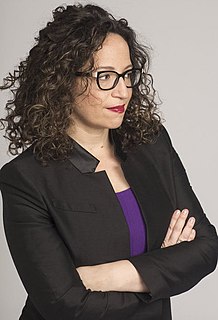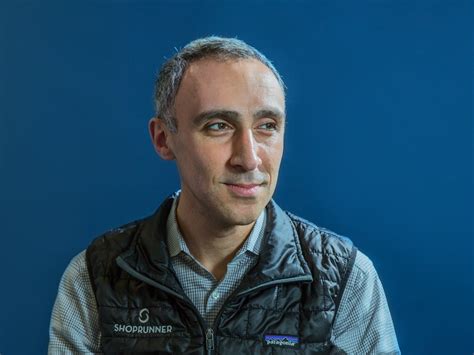A Quote by Robert Stack
It's a word called symbiotic, you send the messages and it comes back in return. Together, it's a wonderful thing, it's why television is so great and film can never reach.
Related Quotes
Each thing has its word, but the word has become a thing by itself. Why shouldn't I find it? Why can't a tree be called Pluplusch, and Pluplubasch when it has been raining? The word, the word, the word outside your domain, your stuffiness, this laughable impotence, your stupendous smugness, outside all the parrotry of your self-evident limitedness. The word, gentlemen, is a public concern of the first importance.
I saw this new thing called television, and I saw people throwing pies in each other's faces, and I thought, 'This could be a wonderful tool for education! Why is it being used this way?' So I said to my parents, 'You know, I don't think I'll go into seminary right away. I think I'll go into television.'
The first thing I say when people ask what's the difference [between doing TV and film], is that film has an ending and TV doesn't. When I write a film, all I think about is where the thing ends and how to get the audience there. And in television, it can't end. You need the audience to return the next week. It kind of shifts the drive of the story. But I find that more as a writer than as a director.
I certainly don't feel there's a distinction to be made between a television and a film actor. I think there's a distinction between great actors and not so great actors. But I really think if you watch a person working in television give a wonderful performance, that person is f - ing great, because there is no time.
Plays are literature: the word, the idea. Film is much more like the form in which we dream - in action and images (Television is furniture). I think a great play can only be a play. It fits the stage better than it fits the screen. Some stories insist on being film, can't be contained on stage. In the end, all writing serves to answer the same question: Why are we alive? And the form the question takes - play, film, novel - is dictated, I suppose, by whether its story is driven by character or place.
When I decided to write about my brother and friends, I was attempting to answer the question why. Why did they all die like that? Why so many of them? Why so close together? Why were they all so young? Why, especially, in the kinds of places where we are from? Why would they all die back to back to back to back? I feel like I was writing my way towards an answer in the memoir.
Make your initial contact short and sweet. Five sentences or less, or under 150 words. If someone instant messages you while you're online, go ahead and IM them back if you want. Otherwise, wait twenty-two to twenty-three hours between email contacts for the first few messages. Don't send messages while most people are sleeping, even if you're wide-awake. Shoot for business hours or just after dinnertime.




































